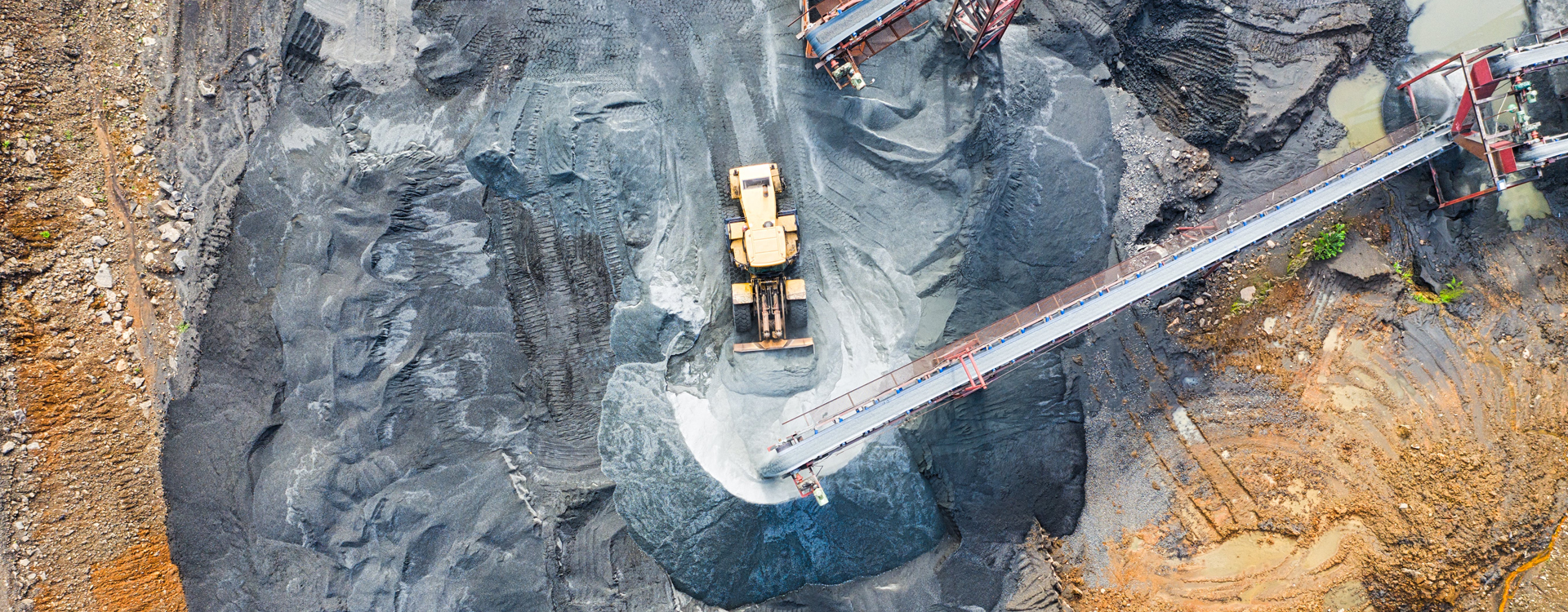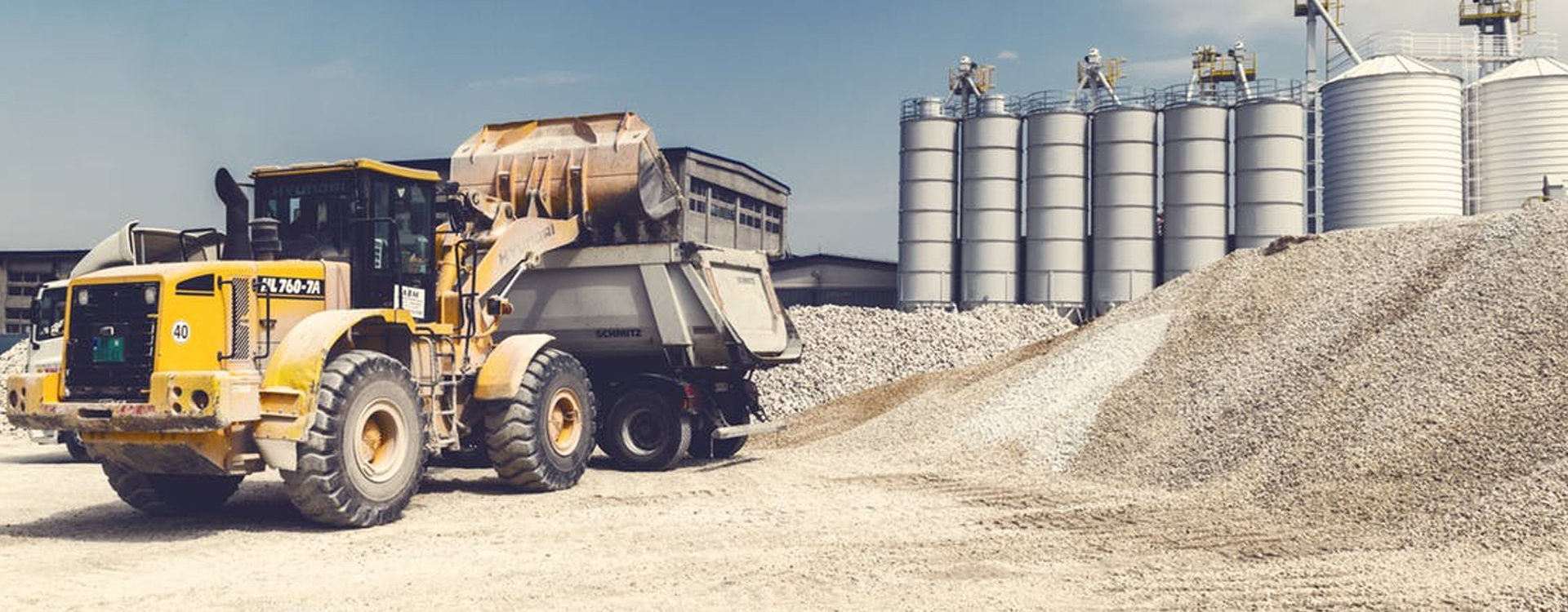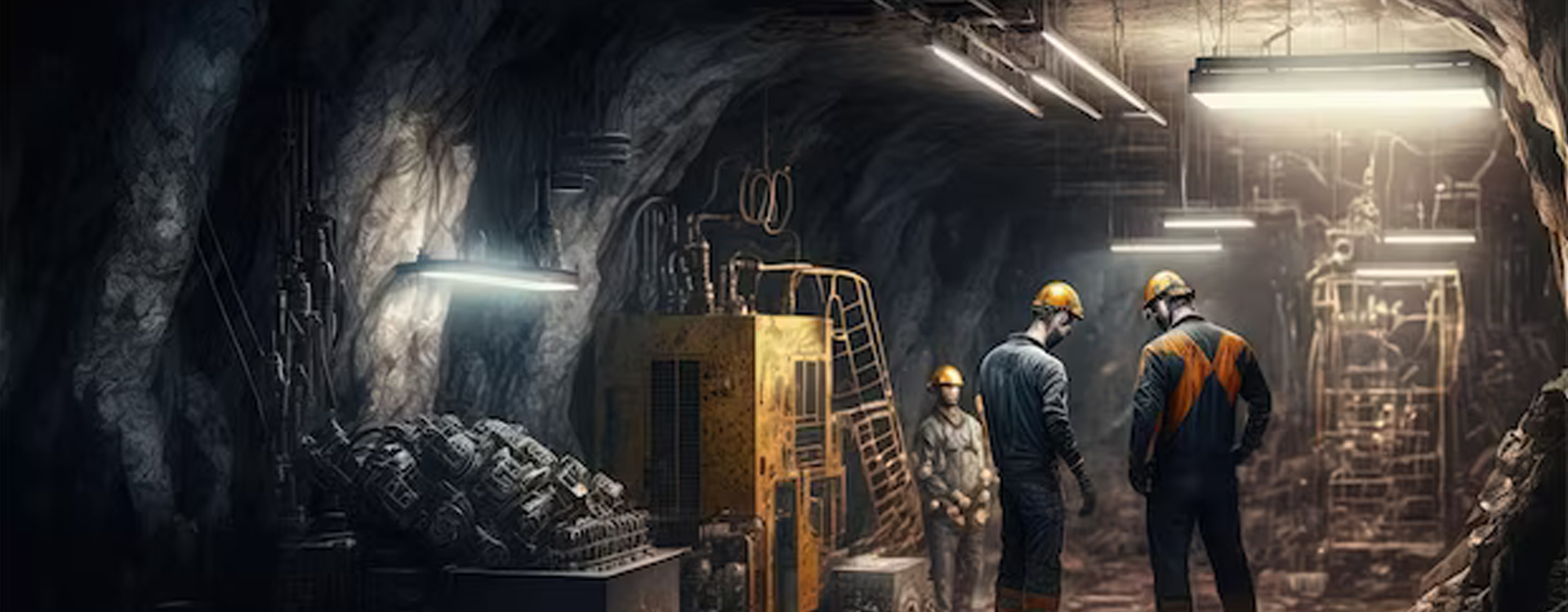Seminar Details
Blasting is a widely utilized excavation technique in underground mining, tunnelling, and civil construction due to its productive and cost-effective nature. However, it also induces unintended damage to the surrounding rock mass, including microcracking, stress redistribution, and formation of plastic zone around the excavation periphery. These effects can lead to overbreak, increased support requirements, safety hazards, and reduced excavation efficiency. This PhD work aims to systematically assess blast-induced rock mass damage and its impact on underground stability by integrating field and laboratory experiments, and numerical modelling. The study investigates the influence of blasting parameters, different ground/rock mass conditions on blast-induced damage mechanisms and damage degree, along with the development of empirical correlations for damage prediction. By employing techniques such as geological and geotechnical mapping, vibration monitoring, microscopic analysis of blast-induced fractures, ultrasonic testing, and finite/discrete element modelling, this research aims to provide comprehensive insights into blast-induced damage and the associated degradation of rock mass mechanical properties. The findings are expected to enhance blast design strategies, improve safety and optimize support systems in underground projects, particularly in complex geological settings such as the Himalayan region.



